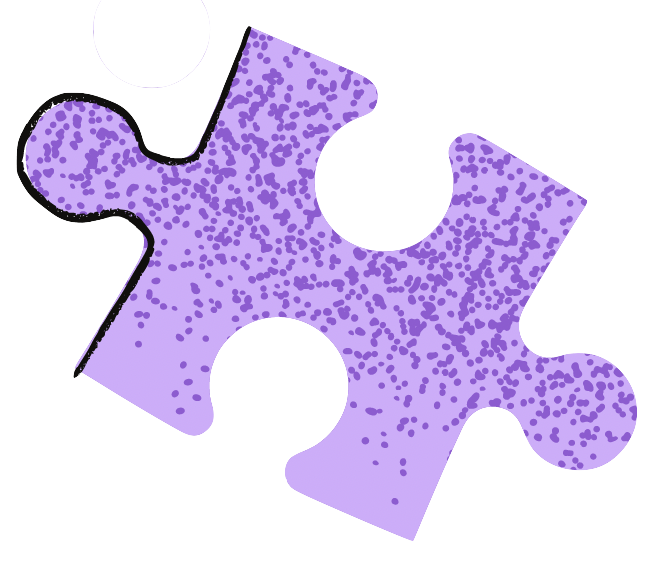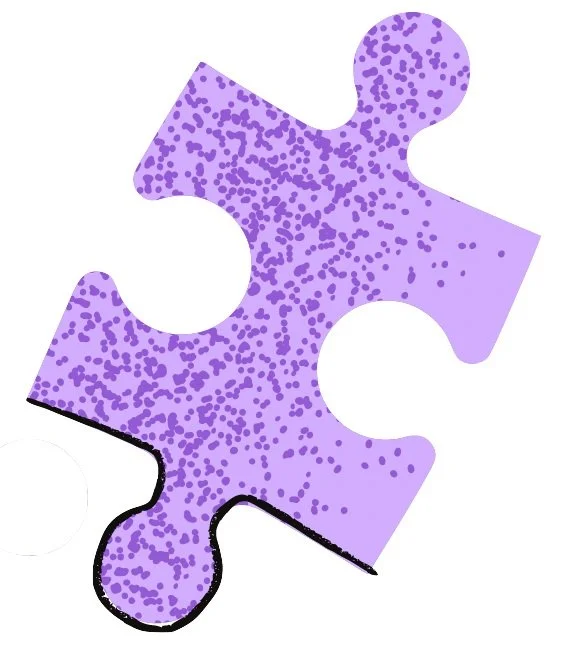
What is Dementia?
Dementia is a generic term for cognitive decline that is severe enough to impede everyday living. Dementia refers to memory, language, problem-solving, and other cognitive ability loss. It also has an impact on emotions and behavior, and therefore relationships. The most frequent cause of dementia is Alzheimer's disease, but it is certainly not the only one. Like “heart disease,” dementia is an umbrella term that refers to a variety of distinct medical conditions, including Alzheimer's, Parkinson’s, MS, and more. Abnormal brain alterations, often but not always correlated with old age, are the root cause of these disorders.
Some Causes of Dementia
Alzheimer’s Disease
Between 60 and 80 percent of cases of dementia are caused by Alzheimer's disease – a neurodegenerative condition that affects memory, thinking and behavior. Age does not cause Alzheimer’s, but your risk of getting it does increase with age.
Frontotemporal Dementia
FTD is a type of dementia that affects the frontal and temporal lobes of the brain. This type of dementia is characterized by changes in personality, social behavior, and language skills. Individuals with FTD may exhibit inappropriate behavior, lack of empathy, and difficulty with language. Unlike Alzheimer's disease, memory loss is not typically an early symptom of FTD. Instead, changes in behavior and personality are often the first signs. Treatment options for FTD are limited, and there is currently no cure for the disease.
Also known as dementia with Lewy bodies, LBD is the second most common type of progressive dementia after Alzheimer's disease. Protein deposits called Lewy bodies develop in the brain. This is the same protein associated with Parkinson’s disease. Symptoms can include visual hallucinations, difficulty walking or moving, and tremors, dizziness, memory loss, depression and more.
Lewy body dementia
Chronic Traumatic Encephalopathy
CTE is a brain disease associated with repeated traumatic brain injuries (TBIs), including concussions. It is also associated with the development of dementia. It has recently been highlighted that football players are at increased risk of CTE because of the frequency of concussions in the sport. Symptoms include memory loss, trouble concentrating, changes in personality, depression and mood swings, among others. Currently, the only way to officially diagnose CTE is post-mortem.
Wernicke–Korsakoff syndrome
Also known as Korsakoff syndrome, is a chronic memory disorder caused by severe deficiency of thiamine (vitamin B-1). It is usually caused by alcohol abuse, but can also be associated with AIDS, cancer, infections, malnutrition and other conditions. Symptoms include short and long term memory loss, and difficulty learning new information. Treatment for WKS can include oral thiamine supplements or injections, but if not treated quickly, symptoms can be lifelong.
Other Neurodegenerative Diseases
Parkinson's disease is a brain condition that results in unintentional or uncontrolled movements including trembling, stiffness, and issues with balance and coordination. Typically, symptoms start off mildly and get worse over time. People may experience walking and verbal difficulties as the illness worsens.
Parkinson’s Disease
MS impacts the central nervous system: the brain, spinal cord and optic nerves. Myelin, the protective coating that protects nerve fibers, is attacked by the immune system in MS, which impairs communication between the brain and the rest of the body. It is possible for Multiple Sclerosis (MS) to disable the brain and spinal cord (central nervous system).
Multiple Sclerosis (MS)
Some Symptoms of Dementia
Cognitive changes
Memory loss
Difficulty communicating or finding words
Difficulty with visual and spatial abilities, such as getting lost while driving
Difficulty reasoning or problem-solving
Difficulty handling complex tasks, planning and organizing
Difficulty with coordination and motor functions
Confusion and disorientation
These symptoms are not exhaustive, and it’s important to remember that every patient experiences dementia differently.
Psychological changes
Personality changes
Depression
Anxiety
Inappropriate behavior
Paranoia
Agitation
Hallucinations
Difficult regulating emotions



